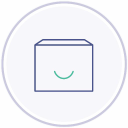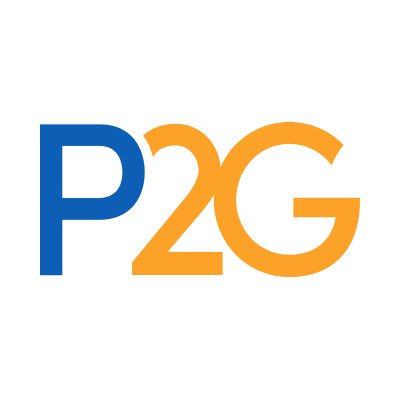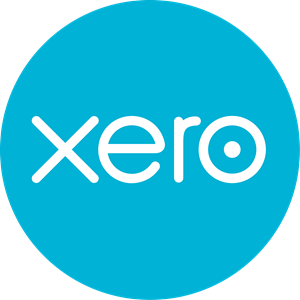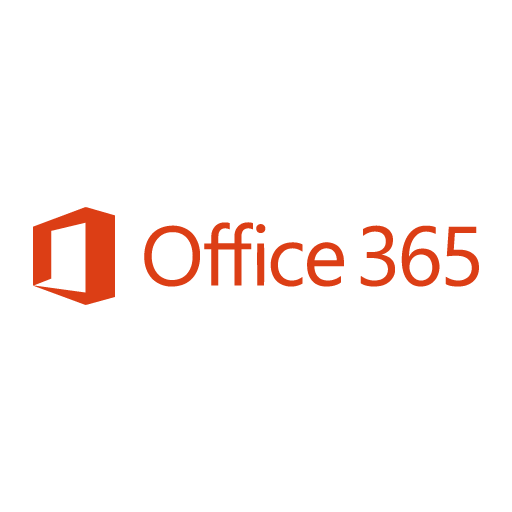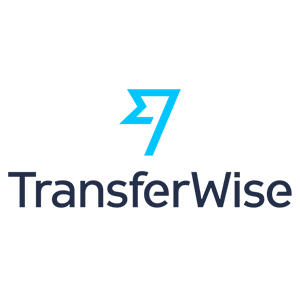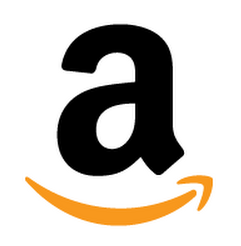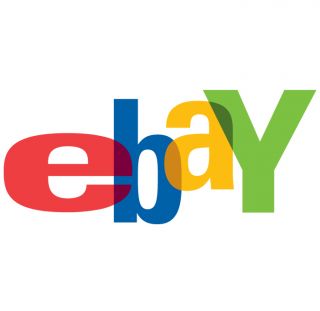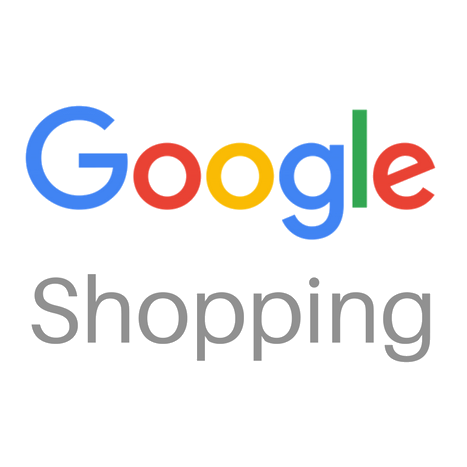How Two Founders Started A $5M/Year Business Selling Beach Towels
Hello! Who are you and what business did you start?
I’m Andy, co-founder of Dock & Bay which is an awesome new lifestyle brand selling travel apparel, fitness, and beach accessories for those who love exploring this awesome world.
We sell towels, swimwear, ponchos and hair wraps, always with a cheeky touch of colour because we don’t believe in taking life too seriously. It’s just more fun that way.
We reinvented the towel to be sand-free, quick dry and super absorbent while staying compact, because no one wants a towel that takes up all of their suitcase space.
In our first full year of business, we had a turnover of $92K and this year we’ll be turning over $5.4m.

What's your backstory and how did you come up with the idea?
Personally, I always knew I would have my...



